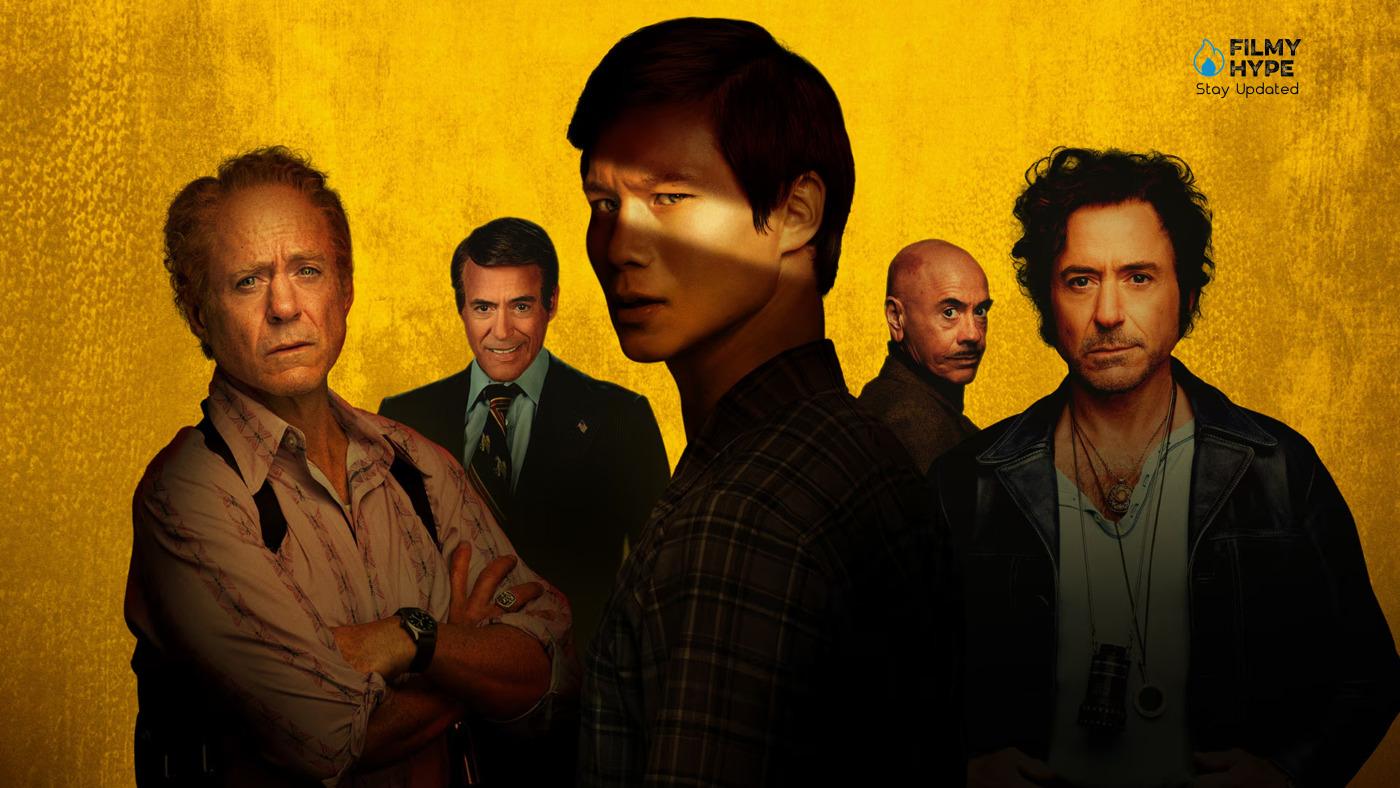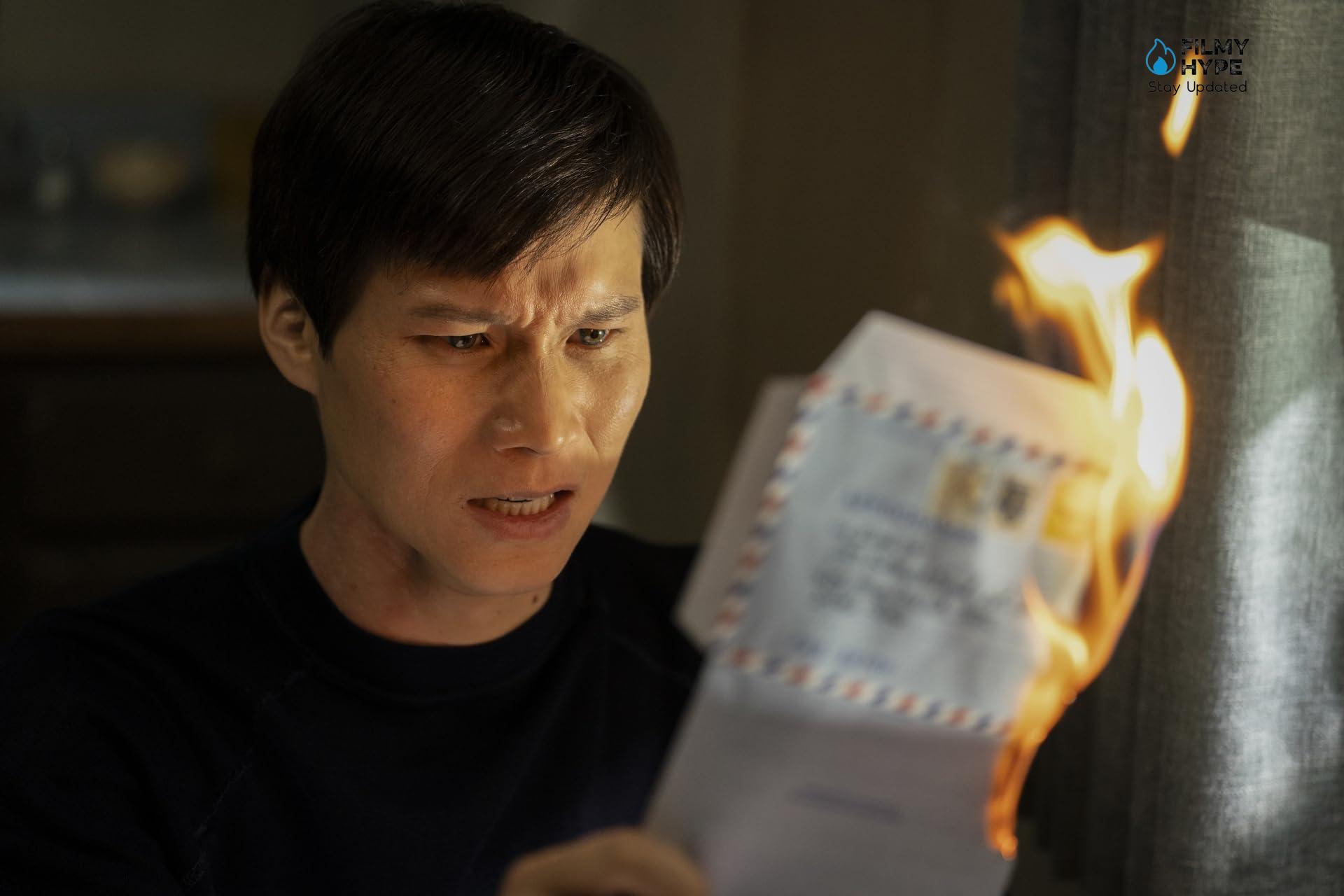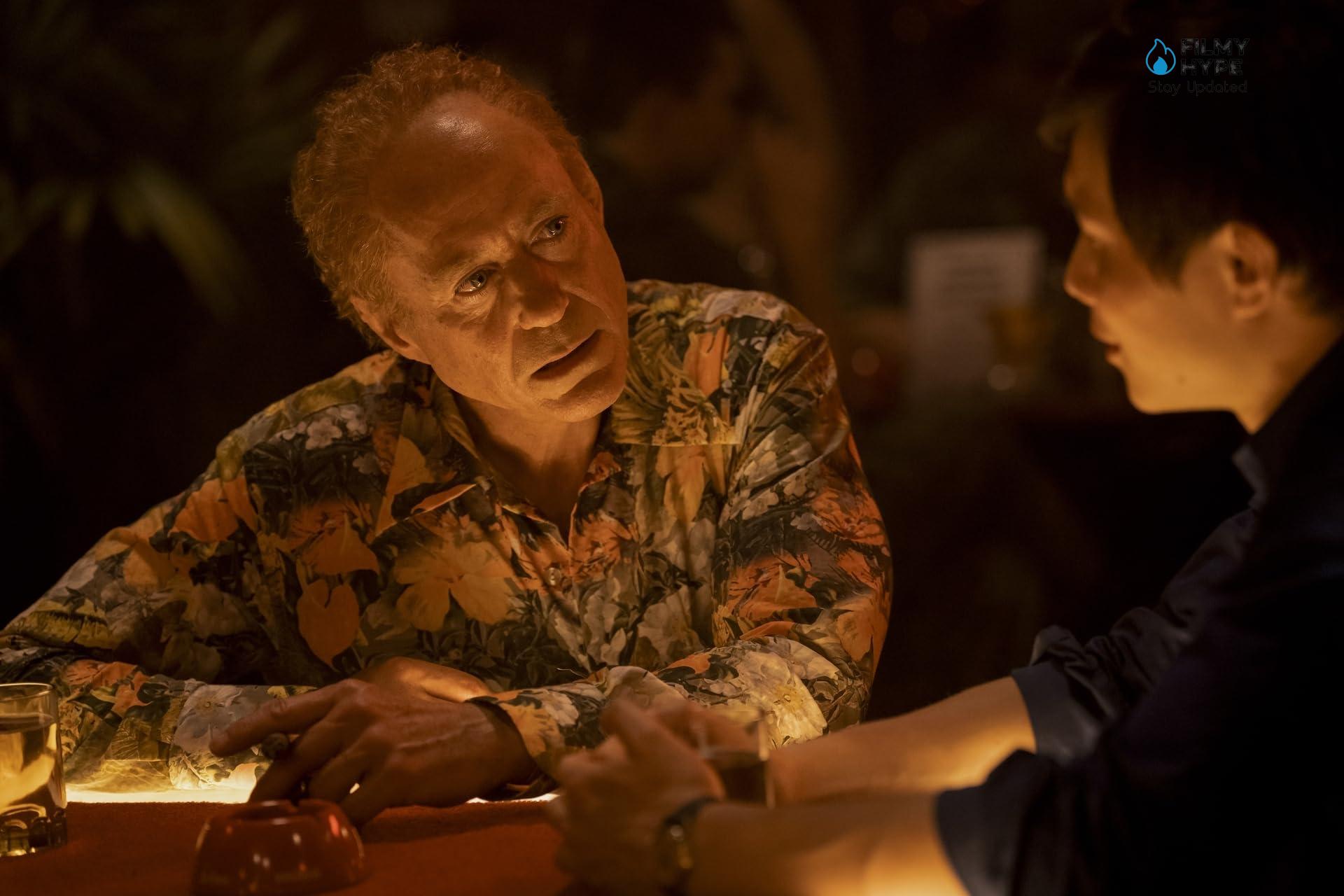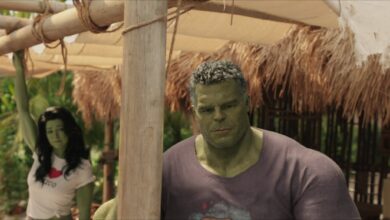The Sympathizer Ending Explained: “What is More Precious Than Independence and Freedom?”
The Sympathizer was one of the most important and anticipated titles in the world of streaming in 2024, also because it was positioned at a strategic moment in (our) calendar, i.e. at the halfway point and just before the arrival of the biggest series of the season, The Boys (here’s our review) and House of The Dragon. The HBO and A24 show had many reasons of interest for the audience of the small and big screen, starting from the biggest names involved in front and behind the camera, namely Robert Downey Jr. (called upon to play multiple roles, see the artfully edited trailer to believe it) and that of the South Korean filmmaker, as well as one of the heroes of the Croisette, Park Chan-Wook, supported in the conception by Don McKellar and directed by two professionals of great caliber such as the Brazilian Fernando Meirelles (The Two Popes) and Marc Munden, one of the directors behind the legendary first season of Utopia.

In short, it is a guarantee of quality in the face of a very difficult adaptation like the one involving the novel of the same name that won the Pulitzer Prize for fiction by the Vietnamese naturalized American writer, Viet Thanh Nguyen. A fascinating but profoundly complex text, halfway between a spy story, a coming-of-age story, a historical portrait, and a great political metaphor for the relationship between America and an Asian country in a moment of profound crisis. So many irons in the fire that the finale of The Sympathizer was called upon to dispose of, at the culmination of a rather stormy path, but which in its third act had put the story back on predictable tracks, finishing its tour of the USA and seeking the fulfillment of the history among Vietnamese nature, where it all began years before.
The Sympathizer Ending Explained
The Sympathizer has been a different account of the Vietnam War. The closest thing we have had to war cinema has been the filming of a movie. There has been a lot of black humor, a lot of action, and, above all, an interesting and complex narrative game around its protagonist. Let’s not forget that the protagonist, only known as The Captain and played by Hoa Xuande, has been telling us the whole story of a communist prison camp in Vietnam. Come on, he has been able to tell us what he wanted and even lie, as he has confessed to doing on many occasions. However, this outcome does not focus on who he loves, who he betrays, or who he spies on. The end of The Sympathizer comes to examine and squeeze its narrator and protagonist to the maximum. With his capture in Vietnam and this confession, his plot may have ended, but the truth is that the most important thing remains, at least for a series like The Sympathizer.
Neither the reconquest of Vietnam nor communist espionage was the center of the story, but rather the confusion between the two, the danger of the individual in the face of war, ideologies, and history itself. The protagonist soon discovers that under the mask of the commander of the reconversion camp is his friend Man, deformed by Napalm. Man has read his entire story, but he confesses that there is no paradise in the Party, that he never had to return, and that if he is lenient with his friends, he will be the one who will end badly. The plot then enters a psychedelic moment where the protagonist delves even deeper into his tortured mind, reliving his victims and, above all, facing the two blocked memories of him. The first is that of the Frenchman who was a rapist and, later, his mother’s habitual lover. And yes, his father is just another face of a Robert Downey Jr. whose thousand faces populate his nightmares. But there is also that interrogation of the spy played by Kayli Tran. We discover that not only did he not defend her, but he sat and waited, afraid of being discovered, while they raped her and shoved a Coca-Cola bottle up her vagina. When the protagonist responds to Man that “Nothing is more valuable than independence and freedom” he gets the ticket out of him.

It is a complex and confusing ending, in which you have to read between the lines to find more doubt than answers. Perhaps the best practical example of this is in Bon, who does not want to hear the truth of his friend’s betrayal. She is his friend, he knows that and that is enough for him, he doesn’t want any confession. And the same thing happens at the end. We left them both on a boat escaping Vietnam with a 50/50 chance of survival. We understand that they will not be able to return to Vietnam, but neither will they be able to return to the USA since Claude discovered that he was a double agent. Hell, we don’t even know if they’ll survive. Simply that they will try to continue with their lives, and that neither capitalism nor communism, nor the USA nor Vietnam, nor betrayal nor fidelity to an idea, were any vital solution.
The Three Musketeers?
The man with the most nicknames in Vietnam (anything to avoid giving him a first name), or our protagonist, the Double of everything, “The Captain” with the face of the best surprise of the miniseries, Hoa Xuande (but what a shame who doesn’t really have blue eyes!) finally agreed to participate in the General’s suicide mission to begin the slow work of reconstituting the Vietnamese Republican Army (the one in the South supported by America). The decision was taken due to the now unbearable weight of his double life and to save one of his best friends, Bốn (Fred Nguyen Khan), in whose name he also gave up the lifeline offered to him at the last minute by Claude (Downey Jr.). The two are promptly captured by the communist army in power in the country and start the “re-education” process, during which the Captain is forced to write a detailed confession (which is the narration of the episodes seen up to that moment) to convince his compatriots of his being a sympathizer. The very thing he hid, ironically, for most of his life.

A script for a miniseries written in a year of isolation, however, is not enough to satisfy the communist officials (worse than the critics), but helps us to meet the masked man in charge of the re-education camp, who is Mẫn (Duy Nguyễn), the captain’s other friend, the one who remained at home as a contact and the third of the three musketeers now scarred from napalm. The recovery of the fraternal friendship between the three boys will be fundamental for the continuation, the decisive test of which will be to unite to go beyond those political divisions that have taken all the steps of their journey. The Captain will be subjected to torture in an attempt to delve into his memories seamlessly. What matters to the higher echelons is not so much being able to extract everything possible from a spy who lived in close contact with the general of the Southern army and worked for years with the CIA, but changing his point of view. American morality is now so deeply rooted within him that it is incompatible with reintegration into Vietnamese communist society.
An Ending Dedicated to Memory?
Memory is the key to the ending of The Sympathizer. The Captain, subjected to increasingly insistent and coercive sensory deprivations, remembers having erased from his memory the fact of having witnessed a rape, which would then have to be told during the first episode. Rape on a stage against a Vietnamese girl a few days before the end of the war, who knew her true identity and did not report it. The black hole is due to a trauma that the boy suffered during his childhood, when he saw a Frenchman with the face of Downey Jr. (again) and blue eyes like his taking advantage of his mother every month, it is not clear what agreement. With this memory, the miniseries probably wants to suggest to us how the captain’s father could be that very familiar French man. If this were true then the toxic origin would explain the reason why the boy was pushed to fight his duality all his life.

The solution to the final test of re-education still lies in memory. To overcome it you need to know how to answer a simple question: “What is more precious than independence and freedom?”. The Captain knows the answer very well or, at least, he was once sure he knew it, but it no longer occurs to him, until he simply whispers “nothing”. Test over, now we can consider ourselves re-educated, but not independent nor free. This awareness invades him as it invades his masked friend. Mẫn, who never wanted the Captain to return to his homeland, because he was rightly convinced that he would never be able to be reinstated unless he renounced his nature. An exercise that, after years of war, is not worth doing. The Captain then escapes from the camp with the complicity of his friend, also saving Bốn. The two then embark to escape the country again, a destination “who knows where” and with a 50% chance of arriving. The Sympathizer ends with the blue-eyed protagonist, a revolutionary even when faced with nothing, looking at the shore from which he is leaving. There, in the distance, the ghosts of all those who died during the war, demanding to be remembered when those who survive in the end manage to rewrite and start again.





